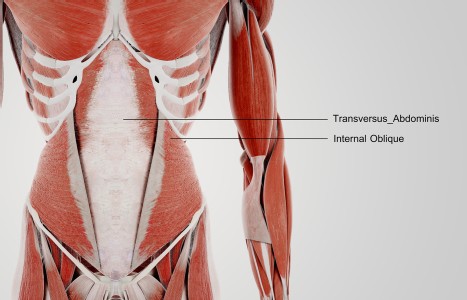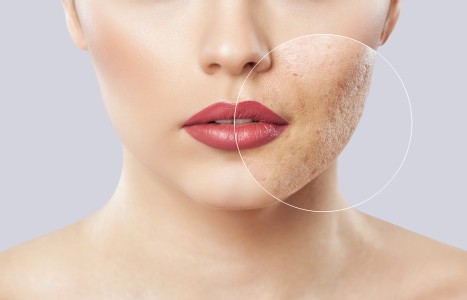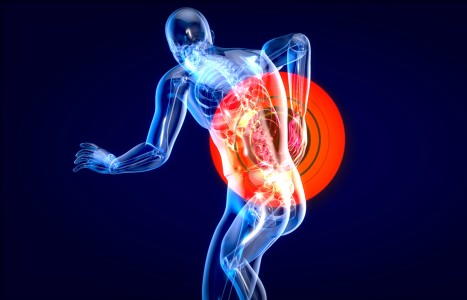TrA-2, my primary needle location, I needle 95% of the time and I think it works the best. You’ll know you have the right point location when you discover the muscle twitching when applying electric stimulation.
Herbal Medicines to Undergo Trials in United Kingdom
Although Western scientists have traditionally been skeptical about the effectiveness of herbal medicine, research has helped changed the attitudes of some practitioners. In the latest example of science looking to an old form of medicine to develop a new cure, two teams of British researchers have announced plans to begin clinical trials - perhaps as early as next year - on herbal remedies designed to treat memory loss and reduce pelvic and menstrual pain in women.
In the first trial, a group led by Drs. Stephen Kennedy and Peter Hylands will recruit 80 women to test the efficacy of an herbal remedy in relieving menstrual pain, a condition believed to affect up to 90% of all adult women. "Ours is the first randomized controlled trial in the West of a traditional Chinese medicine product to treat painful periods," said Dr. Kennedy, a gynecologist at Oxford University.
If successful, more trials will be conducted, with the ultimate goal of developing a product that relieves pelvic and menstrual pain without many of the side-effects that accompany most of the medications currently available.
The as yet unnamed remedy "is a mixture of three indigenous Chinese plants, all of which have historical use in treating women's complaints," added Dr. Hylands. According to Hylands, the plants will be grown at a controlled site in Beijing, which will enable the researchers to guarantee the quality and origin of the plants and their extracts.
In another trial, professor John Wilkinson of Middlesex University will incorporate traditional herbs and computer technology to test the effects of thousands of different plant extracts. Wilkinson's team has already tested purified compounds from sage extract to see if it can inhibit an enzyme called acetylcholinesterase, which is thought to play a major role in the loss of memory associated with Alzheimer's disease.
The scientists have found that in some cases, using a whole plant extract can be more effective than isolating and using just the extract's active elements.
"There are significant synergy effects in plant extracts, and therefore it is justifiable in some circumstances to use the crude plant extract rather than a single purified chemical for drug development," Wilkinson said.
While Wilkinson's team has yet to determine exactly how these synergistic effects operate, they believe other substances which appear inert are also involved in the process, which actually improve the overall effect of an extract's active ingredients.
"We've found some components in the extract are inactive," Wilkinson said, "(but) when they're in the plant, they're actually enhancing the effect of other active agents by as much as 60 to 80%. This is quite remarkable."
This may explain why herbal remedies usually have fewer side-effects than their pharmaceutical equivalents, the scientists said.


